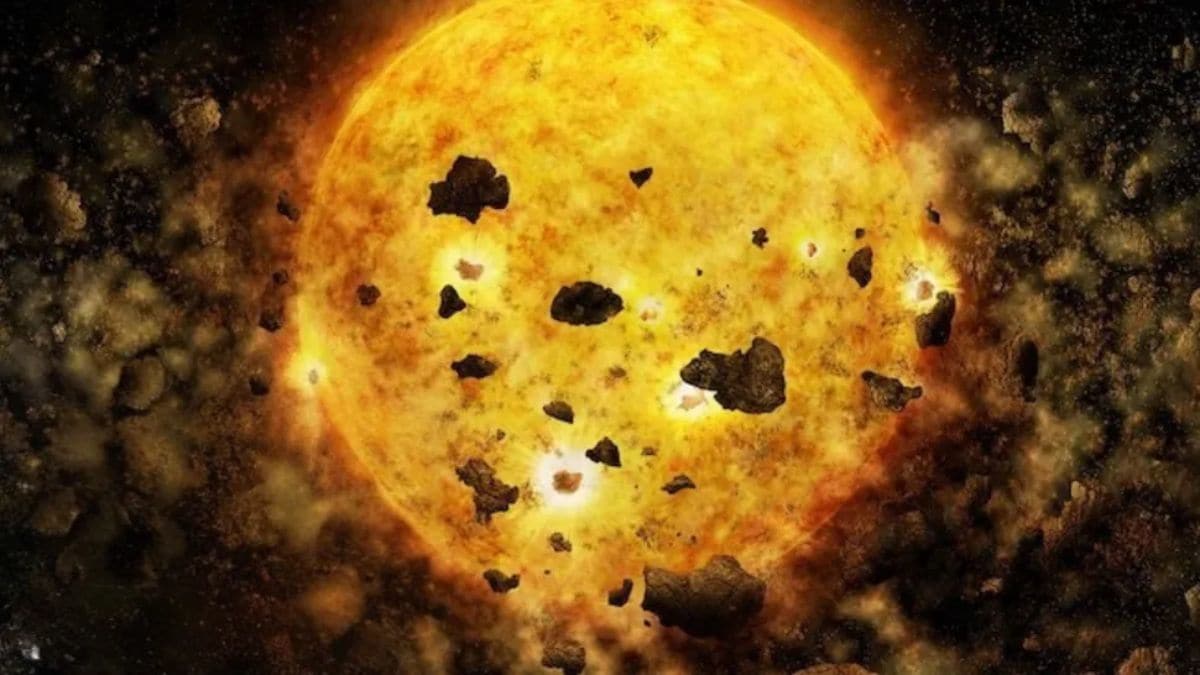A new waste disposal method was recently tested on the International Space Station (ISS) by dumping approximately (172 lbs) 78 kilograms of trash into outer space. Nanoracks, a private space company based in Houston, US, successfully tested the new technology on July 2. It developed a special method to get trash from the ISS and help it safely re-enter Earth’s atmosphere.
The company streamlined the process of waste disposal in outer space on YouTube. It explained that the new method uses a special waste container that is mounted onto the ISS’s Bishop Airlock – the world’s first commercial airlock. The waste container is launched from the station, which then burns up upon reentering the atmosphere in order to ensure that nothing is contributing to space junk.
Watch the video below:
In a press note, Nanoracks explained that astronauts abroad the ISS currently collect trash and store it in their orbiting home for months, waiting for the Cygnus cargo vehicle to arrive and eventually haul their trash away. Once the astronauts fill the spacecraft with bags of trash, it is released from the space station for de-orbit, where the entire spacecraft is burned up upon re-entry into the Earth’s atmosphere.
Nanoracks said that the successful test of its “first-of-its-kind technology”, therefore, demonstrates a more efficient and sustainable model for eliminating waste aboard the ISS. It also highlights a “critical new function and utility” for all future commercial space stations, the company added.
Also Read | Expedition 67 Astronauts Conduct Space Biology Experiments Onboard ISS, Prepare for Upcoming Spacewalk
“This weekend was yet another historic milestone for the Nanoracks team. This was the first open-close cycle of the Bishop Airlock, our first deployment, and what we hope is the beginning of new, more sustainable ISS disposal operations,” said Dr Amela Wilson, Nanoracks CEO.
As per Newsweek, there are more than 27,000 pieces of space junk tracked by the American space agency NASA (National Aeronautics and Space Administration). These chunks of debris are dangerous as experts believe that they can damage or even destroy other satellites and space stations. In 1999, the ISS even had to move to avoid being hit by space debris.









